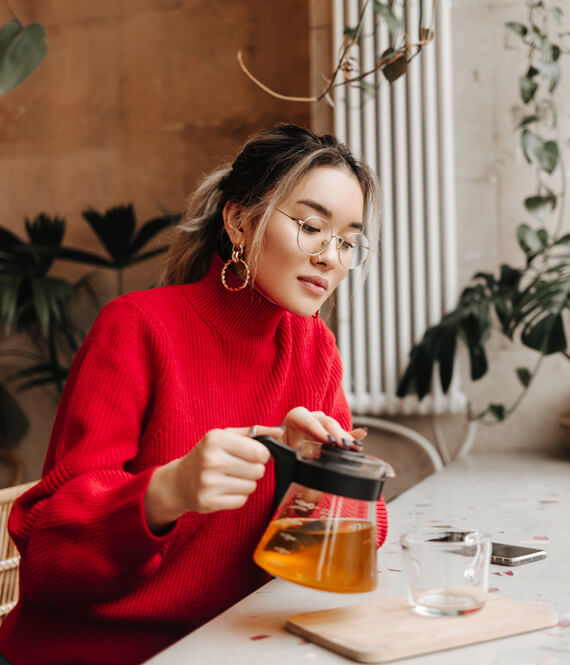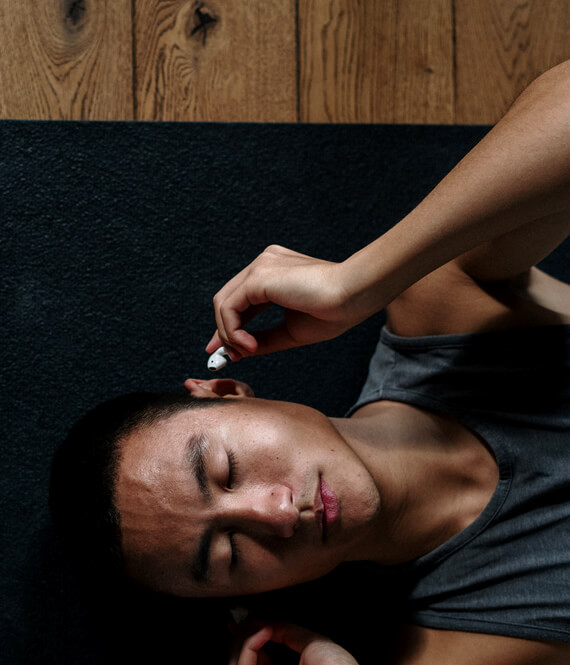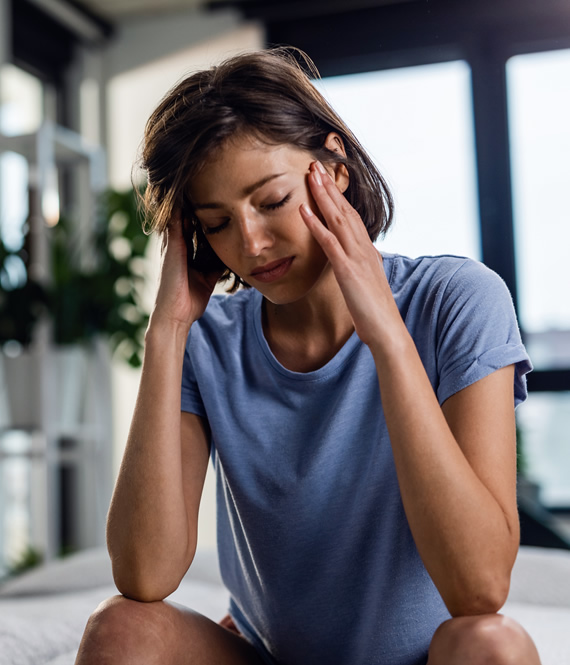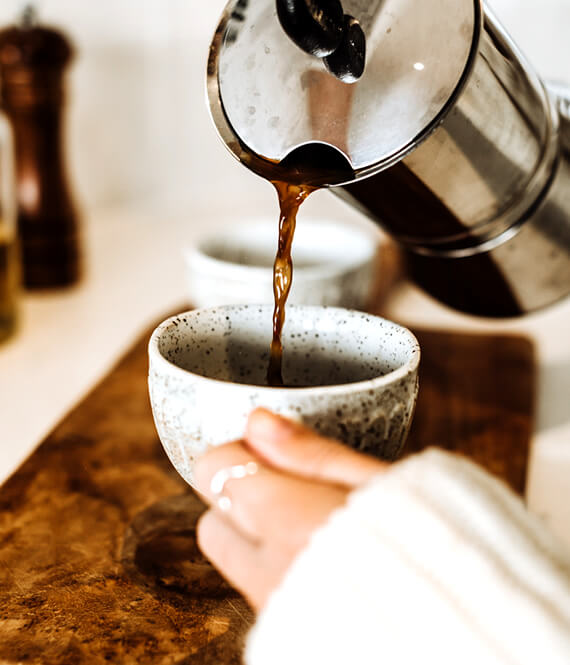
How To Fight Stress And Anxiety Naturally
We recommend helpful products in our articles. Read our full disclosure here. The content on this website is not intended to be a substitute for professional advice, diagnosis, or treatment.
At one point or another, everyone has experienced both stress and anxiety.
While stress is the response to a threatening situation, anxiety is the reaction to that stress.
The two go hand in hand, and both can be handled if you have the right tools.
Many people believe that the best solution to stress and anxiety is to use manufactured drugs or medication, but that isn’t always the case.
Here are some tips for fighting stress and anxiety naturally.
Take All-Natural Supplements
There are many supplements on the market, like this one, that utilize only natural ingredients to fight mental hardships like anxiety and stress.
Some of those ingredients include:
- Synapsa: This improves mental performance, allowing for a higher ability to process information and prevent forgetfulness.
- Cognizin: Often considered one of the best brain foods, it’s water-soluble and improves metabolism and neurotransmitter production.
- Folic Acid: It enriches the body’s blood supply and aids in preventing heart disorders.
- Vitamin B6: This is a vital vitamin for boosting dopamine and norepinephrine, which help to increase brain function.
- L-Theanine: This amino acid is often found in tea leaves and can aid in reducing anxiety levels.
Some other examples of natural supplements that can help to battle anxiety and stress are:
- Rhodiola Rosea: herb that stimulates the stress response.
- Melatonin: sleep aid.
- Glycine: amino acid.
- Kava: tropical evergreen shrub.
Be More Active
If your goal is to overcome anxiety without medication, a meaningful way to begin is to become more active.
Daily exercise can be a great way to ward off anxiety and stress because it improves self-confidence and overall mood, allows you to relax, and can improve sleep, which can often be interrupted due to stress, anxiety, or a combination of the two.
Avoid Alcohol And Smoking
Since alcohol serves as a natural depressant, it should be avoided if you’re struggling with stress and anxiety.
For example, while the idea of a cold beer or glass of wine to dull your anxiety might sound great, it works against you in the long run.
Like alcohol, smoking can sound like a stress reliever, but it actually worsens stress and anxiety as it quickens your heartbeat and can cause more anxiety.
Avoid Caffeine
Many adults rely on caffeine to make it through the day as it provides a much-needed surge of energy.
However, caffeine can make you jittery, which, in turn, can make stress and anxiety worse.
Now, caffeine doesn’t have to be cut out entirely, but if you’ve been feeling more anxious or stressed than usual, an excellent way to fight that would be to cut back on how much you’re drinking daily.
Sleep
Lack of sleep often adds more stress to your day, but many times, it’s that exact stress that’s keeping you awake at night.
In this case, you have to find a way to break the cycle and improve your sleep to tackle stressful days with more energy and more success.
Some ways to improve your sleep include:
- Get yourself into a sleep routine where you go to sleep and wake up at the same time every day, including the weekends.
- Try destressing exercises before bed.
- Experiment with weighted blankets, a sound machine, drinking sleepy tea or using a diffuser with essential oils.
There are many tricks to getting your sleep back on track, but there’s no one-size-fits-all solution, which is why you should research the different tricks to falling asleep and experiment until you find one that works for you.
Practice Meditation/Deep Breathing
A highly recommended technique for stress and anxiety relief is breathing techniques.
Multiple breathing exercises can help, such as the following:
- Lengthened exhale. When inhaling deeply doesn’t work, or when trying too hard to breathe causes hyperventilating, the trick here is to push all of the air out of your lungs and take even more time exhaling than you do inhaling.
Doing this on repeat for two to five minutes can help you relax.
- Abdomen breathing. Breathing from the abdomen can reduce the amount of work your body utilizes to breathe.
The goal of this technique is to have your stomach move while you’re breathing (instead of your chest).
- Focused breathing. Deep and concentrated breathing, when slowed down, can be a considerable aid in reducing anxiety.
You’ll want to sit or lie down somewhere quiet and comfortable for this technique and practice focused breathing for 20 minutes a day.
- Guided meditation. Guided meditation can be a perfect way to handle stress and anxiety naturally.
All you have to do is sit or lie down in a cool and comfortable place, shut off the lights, and listen to a recording that will tell you exactly what to do (Youtube has thousands!).
Conclusion
Stress and anxiety can impair anyone.
Learning how to fight them in a natural way is a technique that must be experimented.
Like anything else, one method won’t work for everyone.
You’re bound to find one that works for you, and when you do, hold on to it and make it a part of your daily routine.
Like these tips?
Scroll down for more.
"We love to research problems, examine studies, analyze solutions, and share with you ideas that make life healthier. You can learn about us and our editorial standards here. Have suggestions or feedback to share? Send us a message!."













Leave a Comment